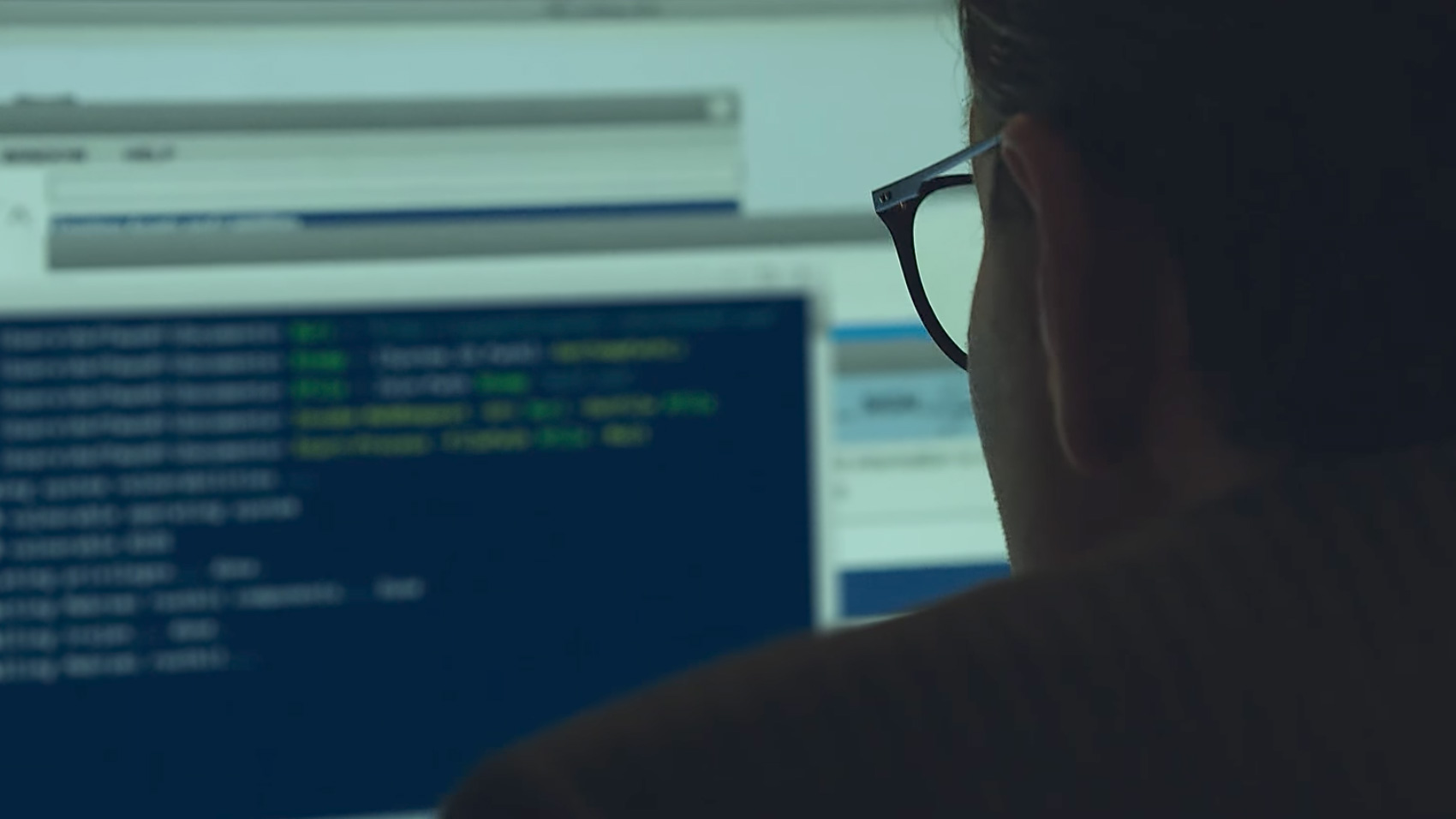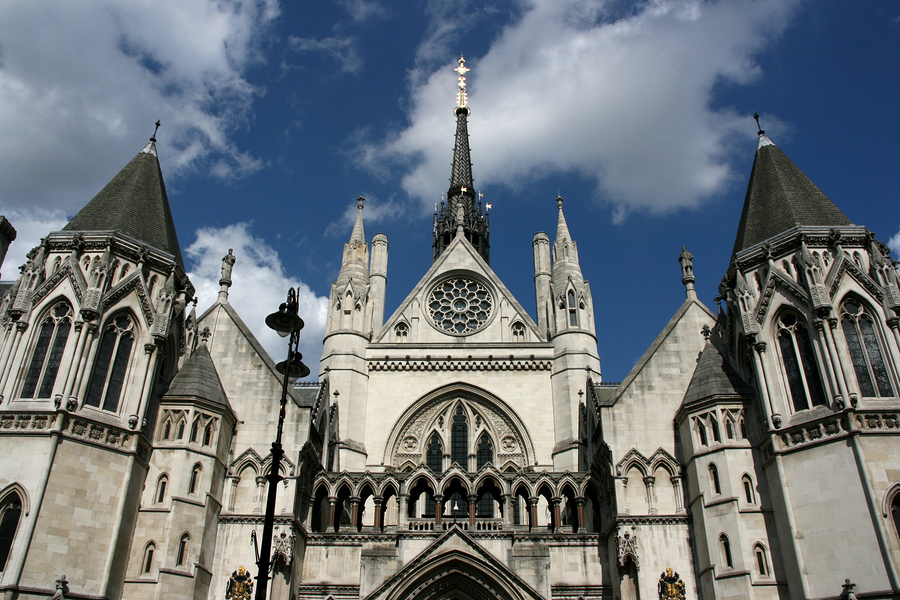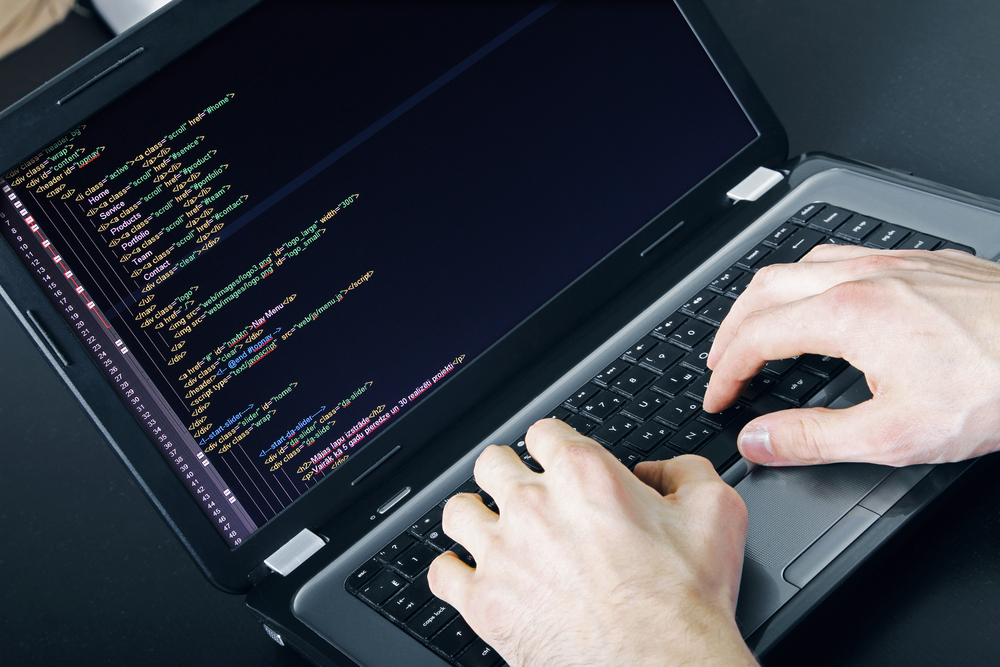Computer Misuse Act 'putting critical UK infrastructure at risk'
The 30 year-old legislation also prevents cyber security professionals from doing their jobs, it's claimed


The key piece of cyber security legislation in the UK is outdated, inadequate and prevents cyber security professionals from doing their jobs.
With the Computer Misuse Act 1990 (CMA) turning 30 years-old this year, a collective of academics, legal practitioners and experts have branded the piece of legislation a danger to the UK’s general cyber resilience.
The CMA, in particular, is preventing cyber security professionals from carrying out threat intelligence research against cyber criminals and internationally-based hackers, according to a report by the Criminal Law Reform Now Network (CLRNN).
The legislation also imposes restrictions on journalists and academics from researching cyber threats that are in the public interest.
“The Computer Misuse Act is crying out for reform,” said Simon McKay, a barrister specialising in civil liberties and human rights who led the CLRNN research.
“It needs to be future- and technology-proofed to ensure it can meet the challenges of protecting the embedded internet-based culture we all live in and depend on.
“This report delivers a blueprint for the government to use and develop to make the law more effective in policing and prosecuting cybercrime.”
Sign up today and you will receive a free copy of our Future Focus 2025 report - the leading guidance on AI, cybersecurity and other IT challenges as per 700+ senior executives
The CMA has been used by law enforcement agencies over the past 30 years to penalise people who attempt to access or modify data on a computer without appropriate authorisation.
Conventionally, this covers the broad scope of malware infections and cyber attacks, as well hacking into systems to obtain information or data for future misuse.
A recent example of a prosecution under the CMA arose in 2018, when a motor industry employee was given a six-month prison sentence for accessing thousands of customers’ personal records without permission.
One of the arguments made by the CLRNN against the CMA in its current form is that it offers a confused legal framework, with outdated and ambiguous terminology, and is too broad in its application. The inappropriate nature of this scope may serve to penalise or deter individuals carrying out cyber research that may benefit the UK’s cyber resilience but could be interpreted as criminal.
RELATED RESOURCE

The CLRNN report has outlined a host of recommendations for lawmakers to take into account. These include introducing a public interest defence that allows cyber security professionals, journalists and academics to carry out work that could potentially prevent future cyber attacks.
There should also be a set of new targeted guidance for prosecutors, including a laxer sentencing regime for younger offenders, as part of a wider overhaul in the sentencing guidelines.
“The legal case for reform of the Computer Misuse Act 1990 is overwhelming,” said senior lecturer in criminal law at Birmingham Law School and CLRNN’s co-director, Dr John Child."
“Experts from academia, legal practice and industry have collaborated to identify the best route to ensure proper penalties are enforced to enable prosecution of hackers and companies who benefit from their activities, whilst permitting responsible cyber security experts to do their job without fear of prosecution.”

Keumars Afifi-Sabet is a writer and editor that specialises in public sector, cyber security, and cloud computing. He first joined ITPro as a staff writer in April 2018 and eventually became its Features Editor. Although a regular contributor to other tech sites in the past, these days you will find Keumars on LiveScience, where he runs its Technology section.
-
 237 police officers disciplined over computer misuse
237 police officers disciplined over computer misuseNews FOI request reveals UK forces failing basic IT best practices
-
 Ex-Yahoo employee admits trawling through user accounts for explicit content
Ex-Yahoo employee admits trawling through user accounts for explicit contentNews More than 6,000 users compromised as defendant also accessed iCloud, Facebook and Gmail accounts
-
 Almost 100 HMRC staff disciplined over computer misuse, FOI reveals
Almost 100 HMRC staff disciplined over computer misuse, FOI revealsNews Staff dismissed over misuse of emails, computer equipment and social media
-
 Six-month sentence handed for data abuse in landmark ICO prosecution
Six-month sentence handed for data abuse in landmark ICO prosecutionNews Data regulator hints seeking tougher punishment was an effort to change behaviour in how personal data is held and processed
-
 NCSC unveils new cyber attack classification system
NCSC unveils new cyber attack classification systemNews The framework categorises everything from individual hacks up to national cyber emergencies
-
 British 'hacker' Lauri Love wins High Court appeal against US extradition
British 'hacker' Lauri Love wins High Court appeal against US extraditionNews Love is now expected to stand trial in the UK on charges of US hacking
-
 36% of ex-employees are breaking the computer misuse act
36% of ex-employees are breaking the computer misuse actNews Companies are failing to revoke access when IT workers leave

